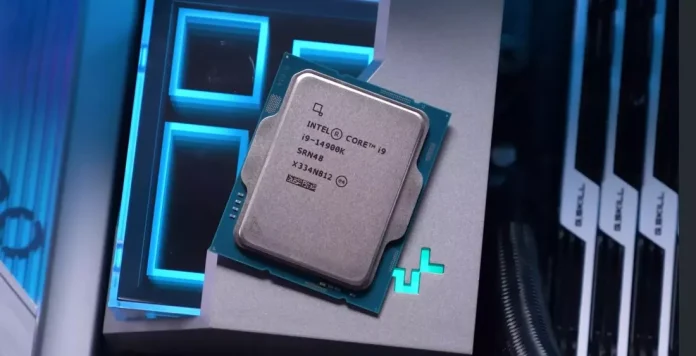Prepare for another round of urgent motherboard updates for your desktop PC. Intel has just announced a new microcode update for its 13th and 14th Gen Raptor Lake processors—those that have been prone to permanent damage and could cause your PC to crash.
While there’s no solution yet for chips already experiencing crashes, Intel is now releasing microcode update 0x12B to motherboard manufacturers to address one of the key factors behind the damage.
Specifically, this update is designed to prevent the Intel CPU from requesting excessive power while idle or performing light tasks. (Excessive voltage can prematurely degrade a chip.)
Intel acknowledges that it may take several weeks for motherboard manufacturers to validate and distribute BIOS updates across their product lines. However, that doesn’t mean you should wait to update.

Previous BIOS updates already contain two earlier Intel microcode fixes aimed at preventing damage, along with new power settings that can reduce the risk even further.
If your chip is already crashing, it’s best not to wait for a BIOS update. Instead, send your processor back to Intel or your PC system provider, as they should cover it under Intel’s special extended warranty. If they refuse to assist, let us know.
Intel has not yet provided answers to questions regarding the number of Raptor Lake chips affected by these issues or identified batches impacted by an earlier oxidization problem. We are following up on these questions.
In late August, Intel confirmed that its laptop chips are not affected by the voltage issue or other known causes of instability in Raptor Lake desktop chips. However, there have been a few reports of similar behavior appearing in Raptor Lake laptop chips.


